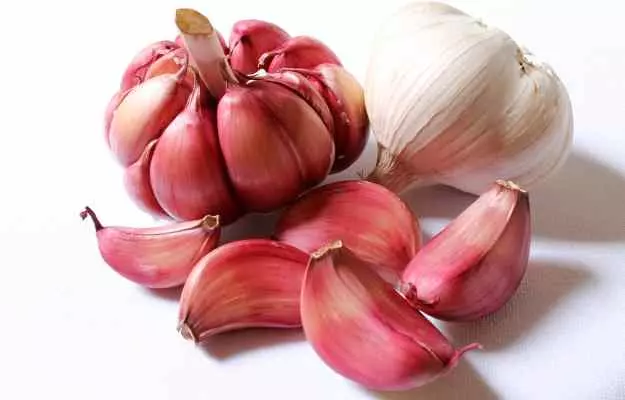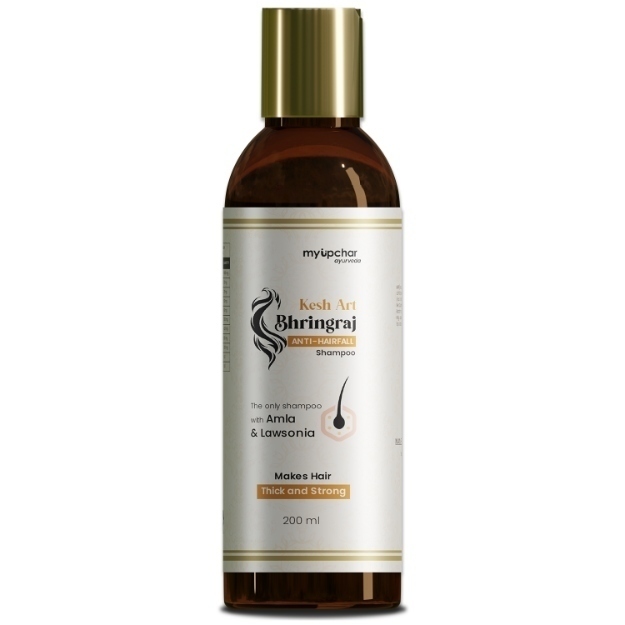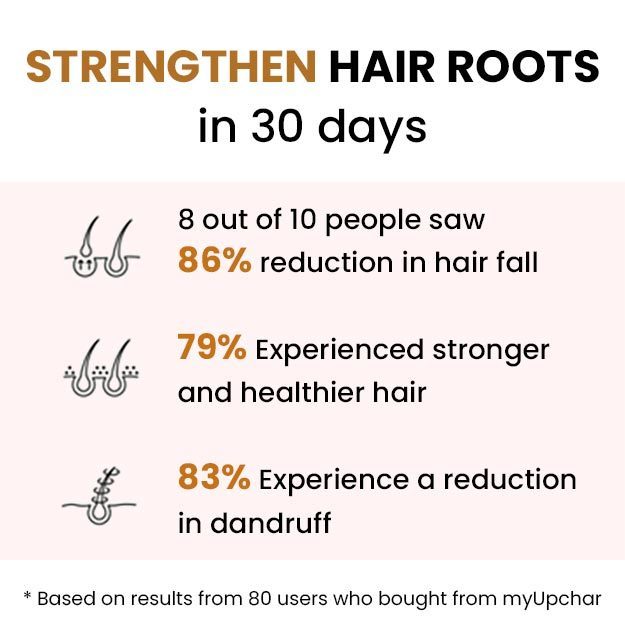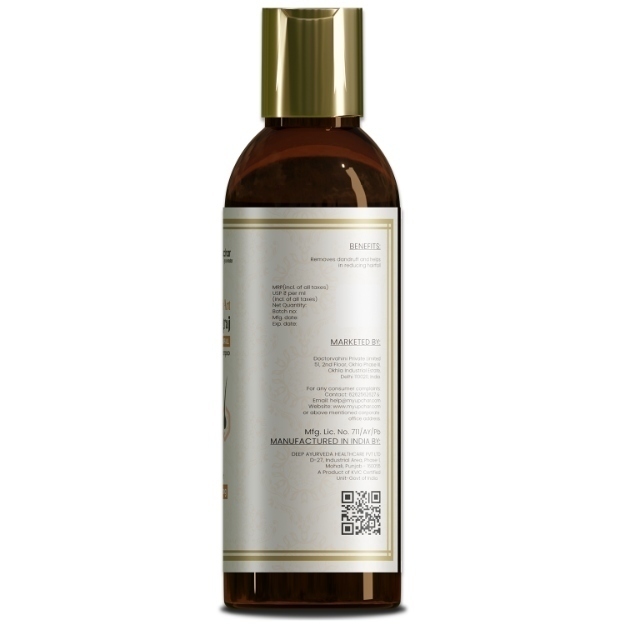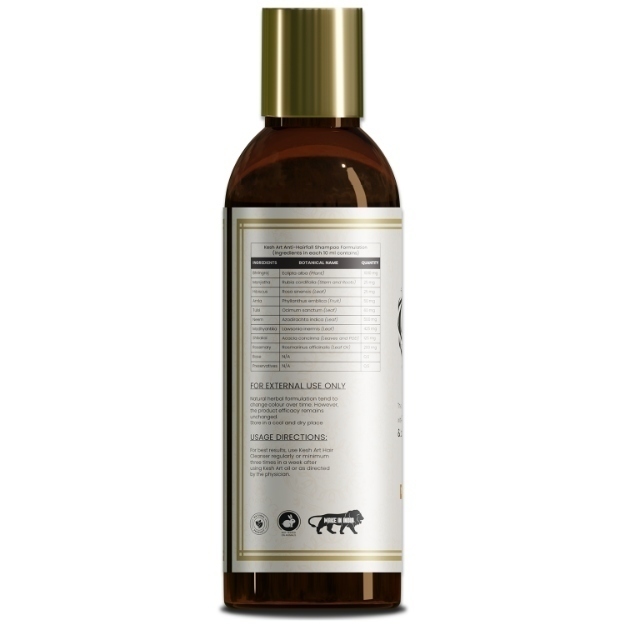Garlic is a culinary delight used widely for its healing properties and health benefits. It provides a distinct pungent kick to foods that are savoured by chefs all around the world. Garlic is originally a native of Middle Asia but has a history that is as vast as its culinary and medicinal usage. According to USDA (United States Department of Agriculture), garlic is one of the oldest crops to be cultivated.
Garlic was being used by Sumerians as early as 2100 BC. Ancient Indians used garlic for its healing and appetite developing benefits. You’ll be curious to know that garlic was considered as apt offerings for some deities in Greece. According to some historians, Olympic players in ancient Greece consumed garlic to improve their performance.
Legends of garlic usage and medicinal benefits are found in almost all major civilizations across the world including Iran, Tibet, Israel, Persians, Babylonians, the list goes on. In fact, the healing benefits of garlic have earned it names like “Natural antibiotic” “Plant talisman” and “Russian penicillin” from health experts all over the world. It might interest you to know that garlic was highly prized by Egyptians for its health-building benefits. In fact, it is mentioned on some "Egyptian tablets" inscriptions written on stone that garlic was used as a nutritional supplement for slaves who built the pyramids in ancient Egypt. A vast amount of wealth was spent by Egyptians for acquiring enough garlic for all slaves.
Did you know?
Garlic has five out of six ayurvedic tastes viz. Pungent, salty, sweet, bitter and astringent. It misses on only the sour taste.
Some basic facts about garlic
- Botanical name: Allium sativum
- Family: Alliaceae/Amaryllidaceae (Liliaceae)
- Common name: Garlic, Lehsun
- Sanskrit name: Lasuna
- Parts used: Bulbs, Tender shoots(for cooking)
- Native region and geographical distribution: Garlic plant is a native of Asia wherein, it is grown in India, China, Egypt, Europe, Iran, and Mexico
- Energetics: Hot

